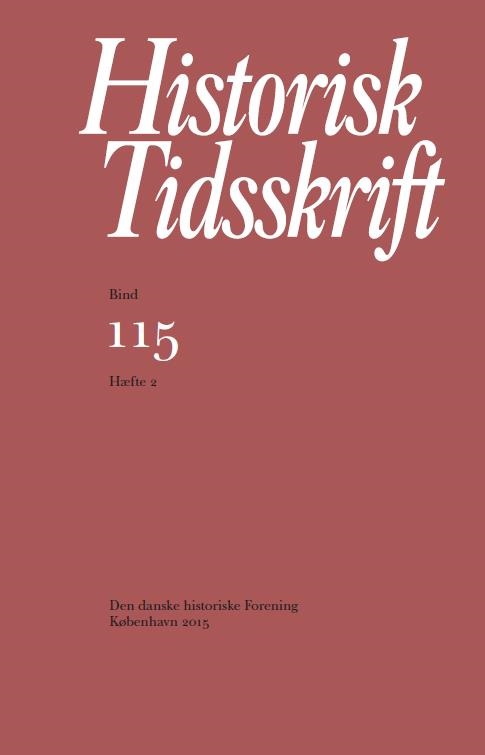Kampen om inter-kommunikation. Danmarks rolle i forhandlingerne frem mod den første internationale radiotelegrafiske konvention i 1906
DOI:
https://doi.org/10.7146/ht.v115i2.56763Resumé
The fight for inter-communication. Negotiations towards the First Radiotelegraphic Convention of 1906
The article analyses the political and technological developments leading up to the signing of the first radiotelegraphic convention in 1906, chiefly from a Danish perspective. The European great powers invested the embryonic radiotelegraphic infrastructure with considerable geopolitical importance. What on the surface appears to be a rather technical discussion between experts, is revealed upon closer inspection to be a process of intense negotiations where national interests of some importance were at stake. The article begins by looking into how the political actors positioned themselves at The Preliminary Conference, held in Berlin in 1903, and at the First International Radiotelegraphic Conference in Berlin in 1906. The main actors in the negotiations were the German and British nation-states, along with the two radiotelegraphic entrepreneurs Telefunken (German) and the Marconi Company (British-Italian). In addition to being the first academic study of Danish policies during the establishment of a global system for wireless communication, the analysis unearths new historical evidence about the dominant actors in the process. The article reveals a secret attempt by The British Post Office to influence Denmark and several other European states prior to their participation in the 1906 conference. The aim? An attempt to reduce the costs of inter-communication while at the same time securing the Marconi Company an economic benefit.
Downloads
Publiceret
Citation/Eksport
Nummer
Sektion
Licens
Ophavsret til bidrag i Historisk Tidsskrift tilhører forfatterne og Den danske historiske Forening som udgiver af Historisk Tidsskrift. For illustrationer gælder den ophavsret, som står anført i billedteksten. Ophavsretslovens almindelige bestemmelser gælder, hvilket vil sige, at ophavsretten gælder i 70 år efter forfatterens død. Bidrag i Historisk Tidsskrift må derfor, med forbehold for en ”moving wall” på tre år, frit downloades, læses, gemmes, anvendes og citeres (med kildeangivelse) i privat og videnskabelig sammenhæng, men de må ikke helt eller delvis genudgives af tredjepart, heller ikke i redigeret form, uden tilladelse fra forfatterne og Den danske historiske Forening. Henvendelse skal i så fald rettes til Historisk Tidsskrifts redaktion på histtid@hum.ku.dk.





